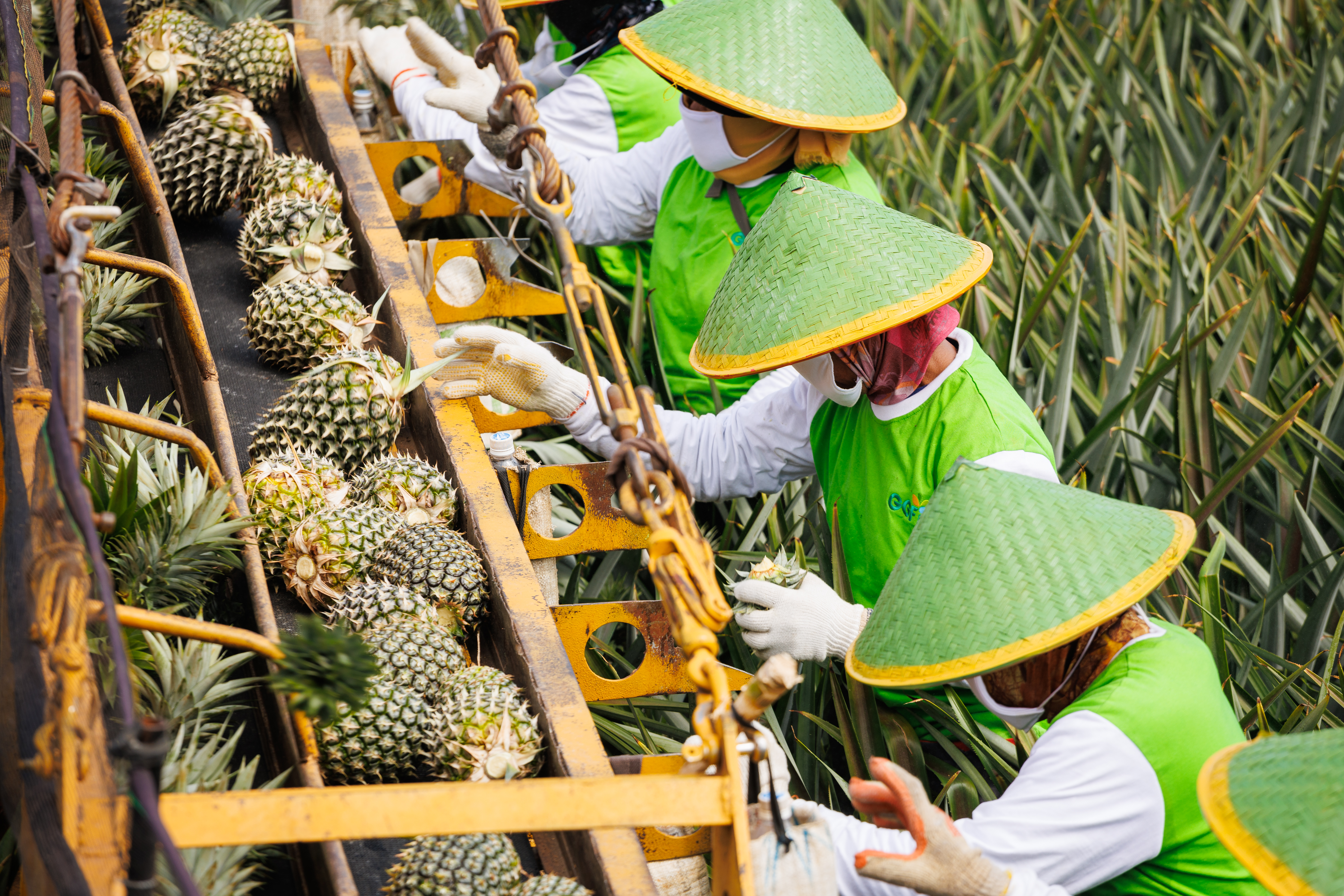ESG (Environmental, Social and Governance), has brought a new paradigm to the modern business world. A deep understanding of this concept is not only a necessity, but a strategic decision for companies that want sustainable growth.
ESG is a standard that covers three main concepts including environmental, social and corporate governance. ESG standards bring an integrated approach to assessing company performance that goes beyond purely financial aspects. The main goal is to encourage sustainable and responsible business practices.
In 2023, through the Corporate Sustainability Assessment (CSA) assessment by S&P Global, PT Great Giant Pineapple (PT GGP) is considered to have provided beneficial value through the implementation of ESG practices.
This appreciation is given in the form of a score of 62 which indicates the Very Good category in the Food Product sub-industry. The rating published by S&P Global publishes scores in all environmental, social and governance dimensions.
For your information, S&P Global is a global ESG rating agency that assesses the ESG of companies that carry out operations and business activities in certain industries.
ESG Rating has assessment criteria that are adjusted to each ESG factor. Environmental Criteria refers to measuring the Company’s impact on the environment and its strategy for managing its risks.
Social criteria will examine the Company’s interactions with human resources and the environment, such as workers and local communities. Governance criteria will be seen from the Company’s leadership, transparency and management in running its organization.
Apart from that, there are 4 (four) impressive steps taken by PT GGP in managing ESG. The first is Climate Resilience. PT GGP is making efforts to reduce greenhouse gas (GHG) emissions through a consistent energy management system. The transition to renewable energy sources starts with biogas plants.
Second, Regenerative Agriculture by promoting premium organic fertilizer in plantations, water conservation programs in all work operations, promoting biodiversity management and introducing biological control, as well as integrating precision agriculture to optimize plantation productivity.
Third is the Circular Economy, namely the use of biomass waste as zero waste management through a circular model, reducing food loss and waste throughout GGP operations and communities and increasing opportunities for circularity of plastic waste.
And fourth, namely Growing Together with the Community, by implementing the GREAT Indonesia program to prevent stunting through nutritional intervention programs, empowering local farmers through creating shared values that advance local communities, and maintaining animal welfare through elephant conservation activities.

